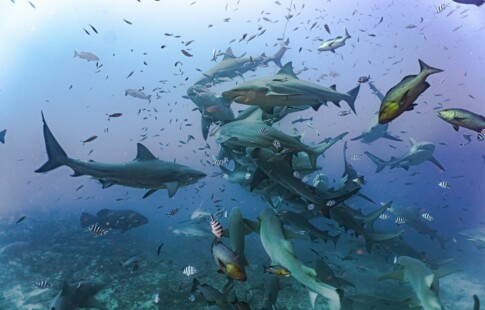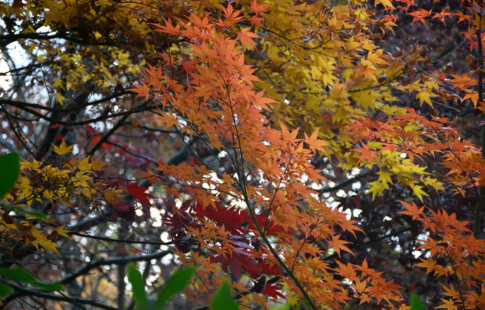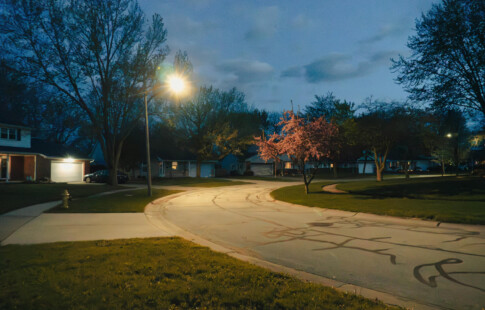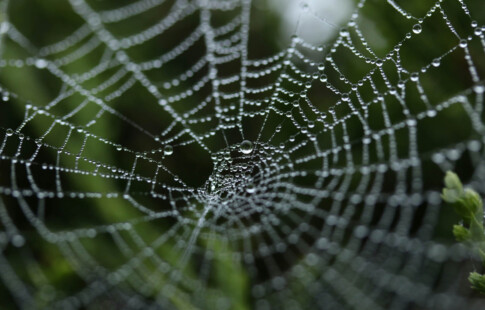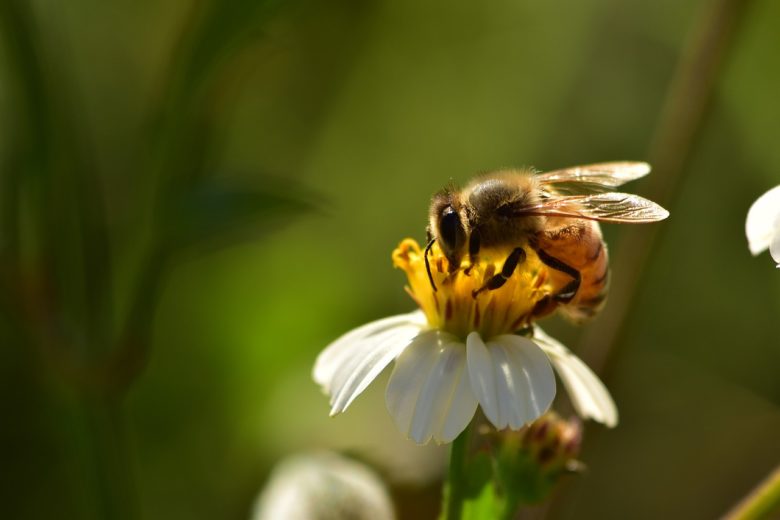
What Will the World Do If Honeybees Become Extinct?
We are reader-supported. When you buy through links on our site, we may earn affiliate commission.
The statistics are there — honeybee populations are on the decline. In 2016, more than one-third of the bee colonies in America died out, with many years prior following much of the same news. Is it soon time to say goodbye?
If honeybees become extinct, the entire world — not just America — will suffer. There are some short-term solutions that will allow people to get by for a bit. But because honeybees are such a contributor to food products and the ecosystem, people will not sustain themselves for very long if honeybees become extinct.
Why Are Honeybees so Great?
Honeybees have a number of positive characteristics. Approximately a third of the world’s food is pollinated by honeybees. Alfalfa, a bee-pollinated plant, is responsible for providing the dietary needs for cattle, proving that humans are not the only ones to benefit from honeybees.
While various household items include honey, the medical aspects are even more astounding. A single spoonful of honey contains 27 minerals and 22 amino acids. There are also over 5,000 protective enzymes in honey, working to defend your body from disease and infection.
The direct role of honeybees in the maintenance of the ecosystem is amazing. Every year, over 150 crops are pollinated by bees in addition to wildflowers. An ecosystem functions by keeping a healthy cycle — regulated climate, purified water, balanced soil and sustained natural resources. Honeybees contribute to the ecosystem’s functionality by ensuring the plants reproduce efficiently.
What Is Endangering All of Our Honeybees?
Unfortunately, there isn’t one easy answer to what may cause honeybees to become extinct. There are a handful of contributors, from the occurrence of Colony Collapse Disorder (CCD) to the environment to pesticides and infestation.
CCD is a strange phenomenon that keeps occurring. For some reason, a large group of honeybees occupying a beehive will decide to abandon it, leaving behind only a few plus the queen bee. The colony collapses without workers to maintain the hive.
Environmental changes also affect honeybees. Unless grown and kept in a sanctuary, honeybees thrive in the wild. Warming climates, industrial renovations and human development all hinder the behavior and survival of honeybees. Wild honeybees are the most effective pollinators due to their adaptable natures, but even some environmental factors can be impossible to adapt to.
Pesticides contribute to the declining survival rate of honeybees. While many sprays are meant to target weeds and fungi, they can become damaging to bees. Neonicotinoid is a popular pesticide which harms both wild and bred honeybees. The chemicals used in neonicotinoid are toxic to any insect, even those not directly targeted. This means that even if a beehive isn’t sprayed with the pesticide, the colony can still die because of their interaction with plants around it.
Infestations also endanger honeybees and their colonies. A small mite named the varroa mite has the ability to destroy an entire area of honeybees. There is a link between mite outbreaks and an occurrence of CCD. These mites can also carry other viruses between them, so even if one beehive is not affected by the outbreak, they could be cross-contaminated through another disease.
So What Happens If Honeybees Become Extinct?
If honeybees become extinct, there may be another chance for honey production and crop pollination that is not artificial. The blue orchard bee — lovingly referred to as BOB — is a native species just as capable of pollinating crops and flowers. Honeybees came to America from the Old World in 1622. However, blue orchard bees have been in North America far longer.
Blue orchard bees operate quite differently than honeybees. Rather than thriving in colonies, these bees prefer to be solitary. A female BOB will find a nesting place and lay up to five eggs, keeping her home quite small and easy to maintain.
There is an upside and a downside to the pollinating effectiveness of these bees. BOBs are actually more efficient at pollinating than honeybees, and it all has to do with technique — instead of using their legs to grab pollen, a blue orchard will use their abdomen and “swim” around the nectar of a flower to collect pollen. This makes it much easier for pollen to be transferred from one flower or plant to the next, as the abdomen is a very accessible spot.
The downside is that, while efficient, blue orchard bees are somewhat difficult to organize. Because they choose to live alone, it is hard to get a group of blue orchard bees to find homes within the same area.
There is hope for the future with these blue orchard bees. Entomologists have performed a study in which, instead of trying to attract BOBs into one large hive — which has seen so much success with honeybees — they were instead exposed to several tiny hives within a test area. The results came back overwhelmingly positive in that nest occupancy and larvae percentages all increased.
What Can We Do to Help?
While blue orchard bees seem to be a “replacement” for honeybees, you should be cautious about believing it’s a final answer. Studies have shown that BOBs are able to be worked with, but whether or not they can effectively pollinate the crops yielded by today’s honeybees is still being tested. Therefore, all of us have a responsibility in helping extend the lives of honeybees, so they don’t become extinct.
Allow yourself to be bee-friendly to help prevent honeybees from becoming extinct. Planting a garden of flowers and herbs which contain native pollinators will invite honeybees to pull pollen from the nectar. Alongside the garden, include a plate or bowl of water — bees use this water to drink as well as to regulate temperature and digest.
And most importantly, do not contribute to the damaging effects of pesticides. Pull weeds by hand in easy-to-reach areas. When using chemicals, follow the directions carefully. Do not spray onto flowers and plants that are still blooming as the pesticide will just be allowed to thrive here and be mindful where the chemicals are landing.
If honeybees become extinct, the world could see economic and environmental repercussions that may be hard to escape. You can increase the longevity of these miracle workers and ensure your future continues to thrive.
Share on
Like what you read? Join other Environment.co readers!
Get the latest updates on our planet by subscribing to the Environment.co newsletter!
About the author

Jane Marsh
Starting from an early age, Jane Marsh loved all animals and became a budding environmentalist. Now, Jane works as the Editor-in-Chief of Environment.co where she covers topics related to climate policy, renewable energy, the food industry, and more.
